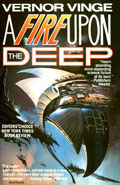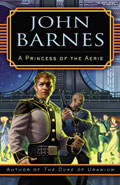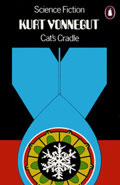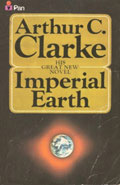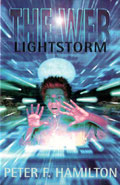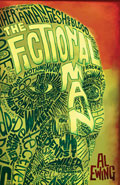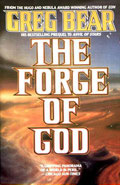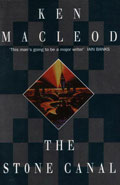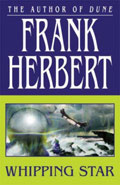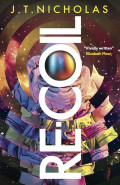Love Minus Eighty
By Will McIntosh
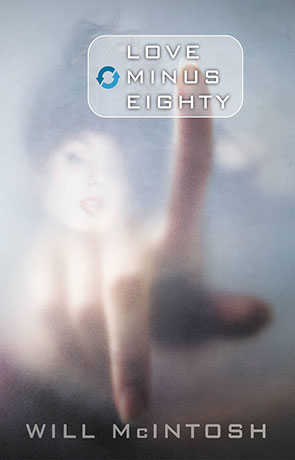
- Love Minus Eighty
-
Author: Will McIntosh
- Publisher:
- ISBN: 978-0356502144
- Published: June 2013
- Pages: 432
- Format reviewed: Paperback
- Review date: 10/09/2014
- Language: English
- Age Range: 15-
Will McIntosh writes love stories with high body counts. In terms of total death toll, he's probably killed all of humanity at least twice by now, yet each of his books is genuinely touching. In his first novel, Soft Apocalypse, his characters try to hold relationships together in the face of appalling violence as the United States and probably the world unravels completely, with several billion people dying. In his second novel, Hitchers, the body count is relatively low, just over half a million, but the personal tragedies twisting his characters' families and marriages are no less intense. Love Minus Eighty, his third novel, dials down the death and amps up the love. The book takes place in a post-apocalypse setting, where society has largely recovered. (Incidentally, McIntosh's most recent novel, The Defenders, brings the body count back to several billion.)
All of McIntosh's novels are in part about the ways trauma strains relationships but also sometimes brings people together. We see this in Love Minus Eighty: one of the plot-lines of the book revolves around whether or not two of the characters will fall in love after of one accidentally kills the other in a car accident. Yes, after. In the world of Love Minus Eighty attractive women are cryogenically frozen at death. "Minus Eighty" refers to the temperature the women are kept at. Men visit these 'bridesicles' in five minute increments, short visits costing several thousand dollars. A very, very rich man, if impressed enough by the re-animated woman, might pay the millions to fully defrost her as part of a marriage contract making the woman into essentially the man's property. For the men, the visits with the bridesicles are a kind of speed dating. For the women, each time they are re-animated to 'date' a client they are returned to deep freeze, essentially dying again, with no idea when or if they will be thawed again. It amounts to a market in sex and marriage with grisly stakes for the women involved. One of the novel's main characters is one of these bridesicles, named Winter. Another is Rob, the man who accidentally killed her with his car, who visits her out of grief and the need to apologize.
Two of the other characters, Veronica and Nathan, in the book are professional dating coaches, in a relationship which threatens to veer away from strictly platonic. The pair provide another source of dramatic tension and also help McIntosh narrate the larger social world his characters live in. This is a world of massive inequality, reflected in where people live. The rich reside in towers high above the ground, poorer skulk far below them on the ground, living in the shadows of those towers.
The wealthy carry wearable computers that shape their perceptions - filtering out litter, for example - and allowing constant multi-tasking via social media. People regularly watch multiple screens and carry out multiple electronic conversations in Love Minus Eighty. Veronika and Nathan are in constant touch with their clients, helping them select dates from social media profiles and providing them with real-time lines to say to their dates in order to appear charming. The people in this novel live in a society of constant distraction, at least among those able to afford it, regularly watching multiple screens and carry out multiple electronic conversations while talking face to face. Many people in Love Minus Eighty live as if perpetually speed-dating in every aspect of their lives. The book returns repeatedly to the issue of distraction and relationships, asking if the characters' constant wired access to each other enhances or diminishes their genuine emotional availability. (The novel made me think about how hard it is not to check my text messages and those phantom phone vibrations while eating dinner with my kids.)
Out of all of McIntosh's novels, Love Minus Eighty is the one that can most be called social science fiction: the book depicts advanced time and technology without moral and cultural advancement. The result is that he takes current social and ethical problems around dating and social media, make them even larger than life, and see what shakes out. That's the conceptual side. What makes it work as a story are the characters, their relationships, and the plot as the characters make morally charged choices. And it definitely works. His characters' fragile love lives lead them to snoop, lie, pine, and rejoice in believable and moving ways.
Written on 10th September 2014 by Nate Hawthorne.
